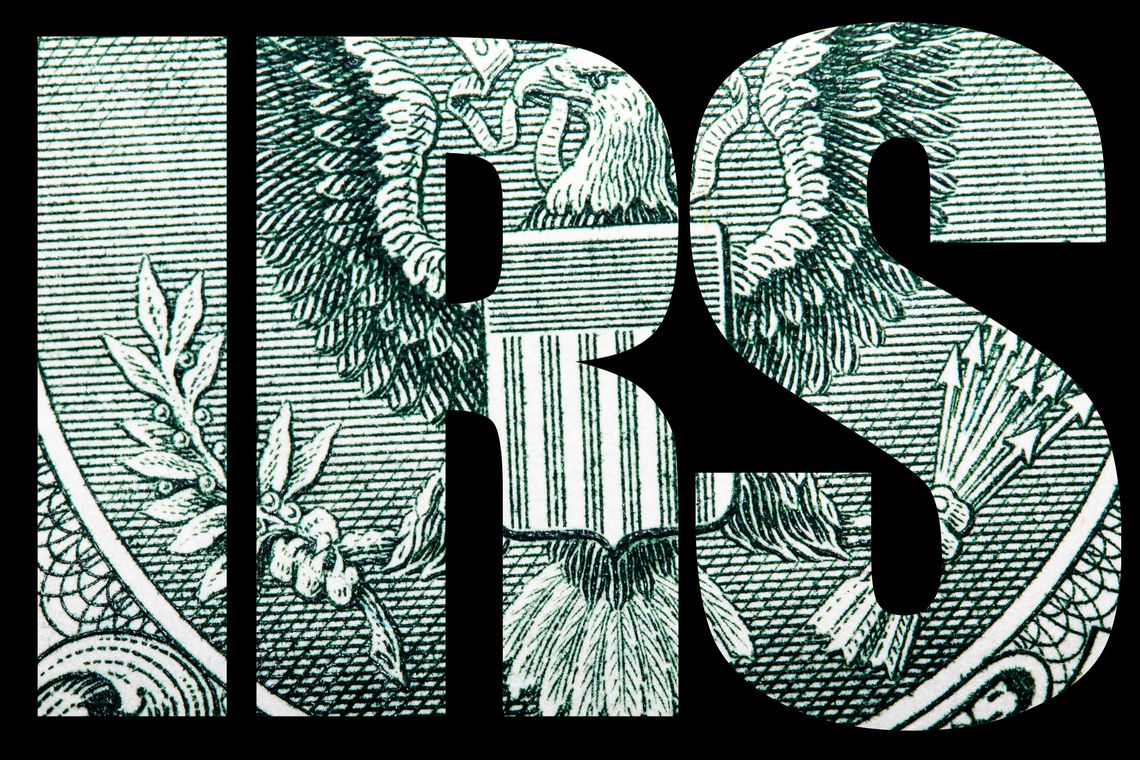Eight members of Congress have asked the Internal Revenue Service (IRS) to clarify its position on cryptocurrency taxation. A recent letter to the agency details the issues facing the taxation of cryptocurrencies, and the lack of clarity in the current policy.
The main issue at hand appears to be a misunderstanding of how digital currency networks work. This is highlighted in the IRS taxation code for airdrops and forks, which both create taxable events in the current plan.
The current code requires taxpayers to be prepared to pay taxes on funds received through airdrops or forks. Both of these events can grant new tokens or coins to current holders of various digital assets. The IRS sees this as a taxable event.
The issue at hand, however, is that a taxpayer may be required to pay taxes on funds that they are unaware they even own. Airdrops and forks can move funds into an investor’s account without their knowledge. In this way, taxpayers would be forced to pay on funds they had no dominion or control over.
 The letter asks the IRS to bring clarity to the current code issues that cryptocurrency owners are facing:
The letter asks the IRS to bring clarity to the current code issues that cryptocurrency owners are facing:
- First, they ask the IRS to offer clarity on the taxability of airdrop and fork events.
- Second, they ask that the IRS provide clarity on the meaning of “dominion and control” in relation to these funds. In particular, funds received without the taxpayer’s knowledge should not meet a standard of dominion and control. This is a pertinent issue for most taxpayers.
- Third, the letter asks the IRS to clarify its intent to pursue taxes on these events, retroactively. In other words, will these types of events require taxpayers to pay on previous airdrop and fork events?
- Finally, the letter appeals to the IRS to offer safety from tax penalties for those caught off guard. Should a taxpayer be making good faith efforts toward paying taxes, changes in guidance on payment should not trigger tax penalties.
Disclaimer
In adherence to the Trust Project guidelines, BeInCrypto is committed to unbiased, transparent reporting. This news article aims to provide accurate, timely information. However, readers are advised to verify facts independently and consult with a professional before making any decisions based on this content. Please note that our Terms and Conditions, Privacy Policy, and Disclaimers have been updated.

Jon Buck
With a background in science and writing, Jon's cryptophile days started in 2011 when he first heard about Bitcoin. Since then he's been learning, investing, and writing about cryptocurrencies and blockchain technology for some of the biggest publications and ICOs in the industry. After a brief stint in India, he and his family live in southern CA.
With a background in science and writing, Jon's cryptophile days started in 2011 when he first heard about Bitcoin. Since then he's been learning, investing, and writing about cryptocurrencies and blockchain technology for some of the biggest publications and ICOs in the industry. After a brief stint in India, he and his family live in southern CA.
READ FULL BIO
Sponsored
Sponsored

